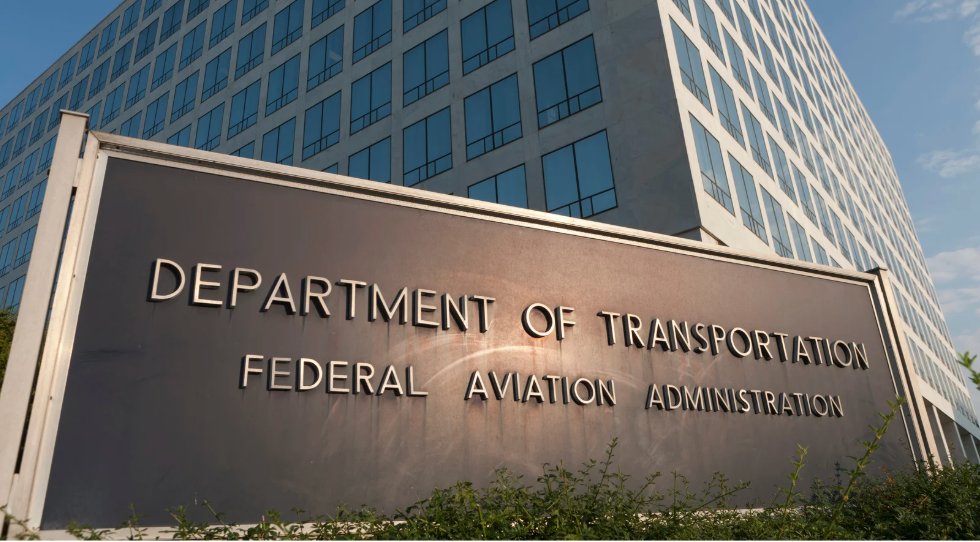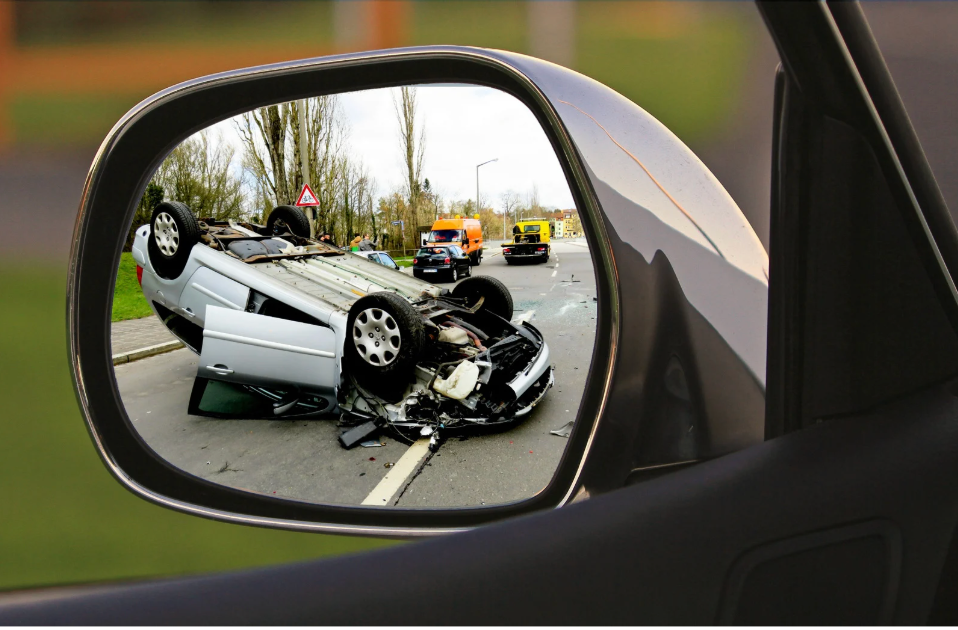April 23, 2025
Aviation accidents can seem less frequent than other crashes but happen more often than people expect, and it’s important to understand the causes and risks of these incidents. As Aviation accidents are more than just plane crashes but can be any occurrence that causes a serious injury or death from the time a person boards the aircraft until a person leaves. Some incidents involve a person coming into direct contact with a part of the aircraft that injures them, or an aircraft component failing, which could lead to an engine malfunction and result in the aircraft catching fire. In all cases, aviation accidents lead to some type of injury or fatality that often results in legal action being taken against the manufacturer, airline, or flight school. At David K. Wilson and Associates, we are committed to advocating for your rights and will help you get the justice you deserve regardless of the aviation cause. We want to help you understand the common causes of these incidents to improve your safety by identifying risk factors when traveling. To improve safety awareness, let’s explore some of the most common aviation accidents. Common Causes of Aviation Accidents Product Design: In some cases, aviation accidents occur due to defects in the design of aircraft components. A defect in one of the design processes might include using materials that were not well tested, defective systems, or a flaw in the engineering process that creates critical failures during flight. Poorly designed products can have a trickle-down effect on other systems, leading to accidents that could have been avoided with better and more adequate design and testing of the product. All aircraft components manufactured for flight must be examined carefully to ensure that they do not compromise safety. The airline or manufacturer may also be held liable for damages if a product design defect is identified as the cause of an accident. Pilot Error: The most common cause of aviation accidents, according to the latest statistics, is pilot error. Pilot error can be any mistake in judgement, decision making, or aircraft operation. For example, it can be as small as a lapse of judgment or as horrific as a pilot who was intoxicated during a flight leading to an error. It’s crucial to recognize that human error, especially in aviation, can be alarming and is often caused by factors like fatigue, inadequate training, distractions, or miscommunication with air traffic control. Examples include not following flight protocols, making the wrong decision during an emergency, and miscalculating weather conditions. Mechanical Failures : The second most common cause is mechanical failure, which is also a component that can lead a pilot to make an error that contributes to the overall accident. Mechanical failures are often due to manufacturing defects, faulty parts, and poor maintenance of the aircraft. When critical components of an aircraft start to malfunction, like the engines, hydraulics, and navigation systems, it causes a pilot to lose control and create emergency situations. An aircraft can be compromised by the smallest defect like a sensor malfunction, ultimately leading to critical system failures. That’s why it’s important for airlines to do thorough inspections and regular maintenance checks before every flight to prevent these life-or-death situations. Weather Conditions : Severe weather conditions can wreak havoc on any aircraft, ultimately compromising a pilot’s ability to guide a plane to a safe landing. Such as thunderstorms, high winds, fog, or snow. These weather conditions can affect visibility and create turbulence, making it difficult for pilots to see and control the aircraft. The aircraft can be affected even before takeoff, as these conditions may influence the pilot's decision to fly or not. If the weather is deemed unsafe, it can halt flight plans altogether, as takeoff under poor conditions could compromise safety. Pilots must consider all possible weather effects while in flight, such as lightning strikes that could damage the electrical system or icing on the wings, which can cause system malfunctions. Mild conditions like fog can even impact the aircraft drastically as pilots will experience navigation errors due to lack of visibility. While pilots and airlines are carefully assessing the weather forecast, it’s important for a passenger to be aware of all the possible outcomes when flying in severe weather. Air Traffic Control Error: When air traffic control miscommunicates to an aircraft and makes mistakes when managing flight paths, altitudes, or runway usage it can lead to severe midair-collisions and takeoff accidents. Communication is a vital aspect of air traffic control (ATC) as any misinterpretation of instructions between ATC and pilots, or even ground control failing in coordinating aircraft movements can have life-threatening consequences. There are multiple factors that can contribute to the lack of communication that can happen on a runway, whether that be human error, understaffing, or equipment malfunctions. To ensure safety air traffic control needs to make sure they have effective communication and that all their technology is up to date. Understanding the common cause of aviation accidents like pilot error, mechanical failure, weather conditions, and air traffic control error is vital for improving safety in the sky. At David K. Wilson and Associates, we want to make sure that every victim whether that be those who have personally experienced an injured in these types of accidents or a loved one has died, is able to identify these causes for pursuing legal action and seeking proper compensation. We believe you need an aviation accident lawyer to become your advocate while going through these difficult times. If you or a loved one has been injured,



